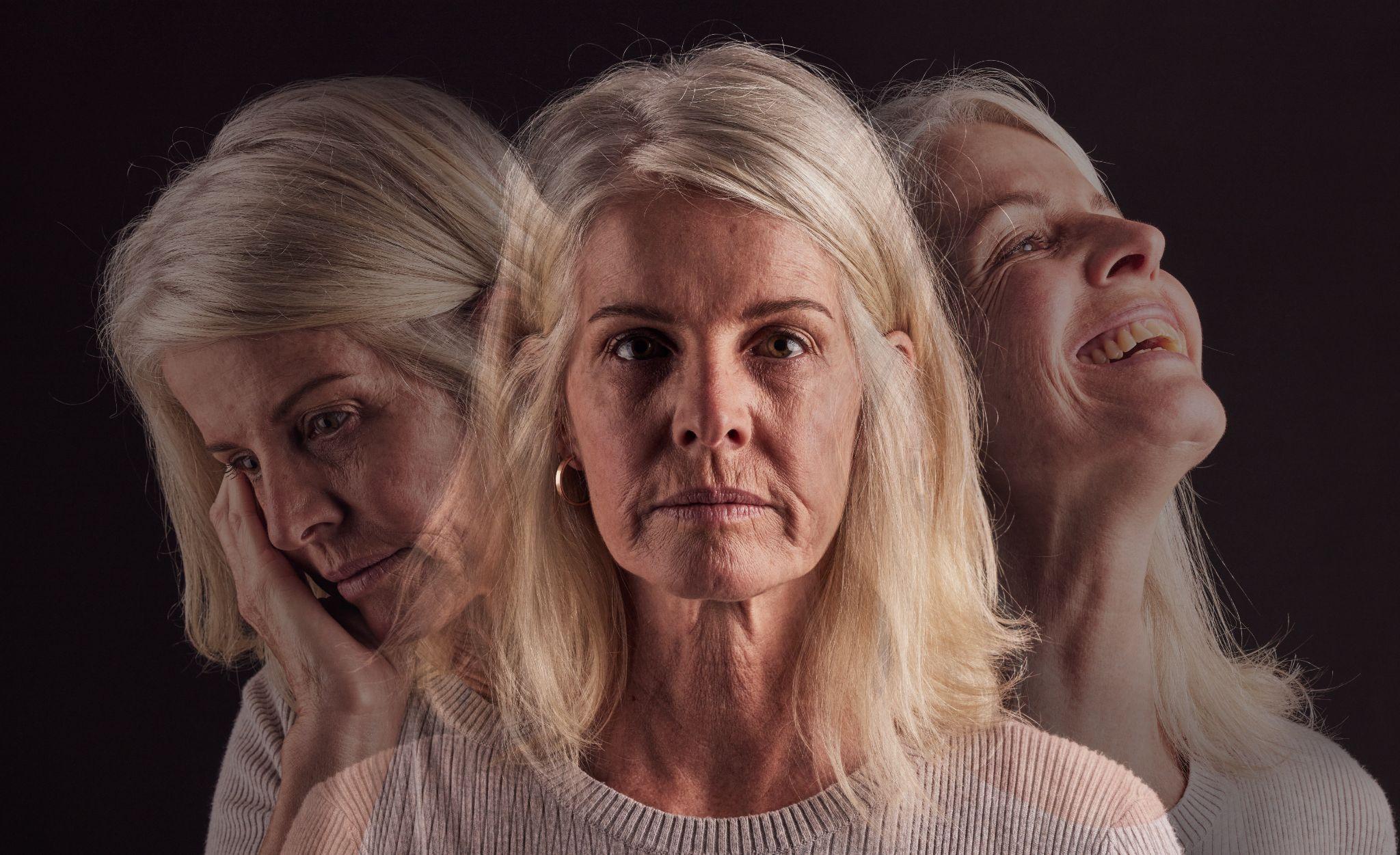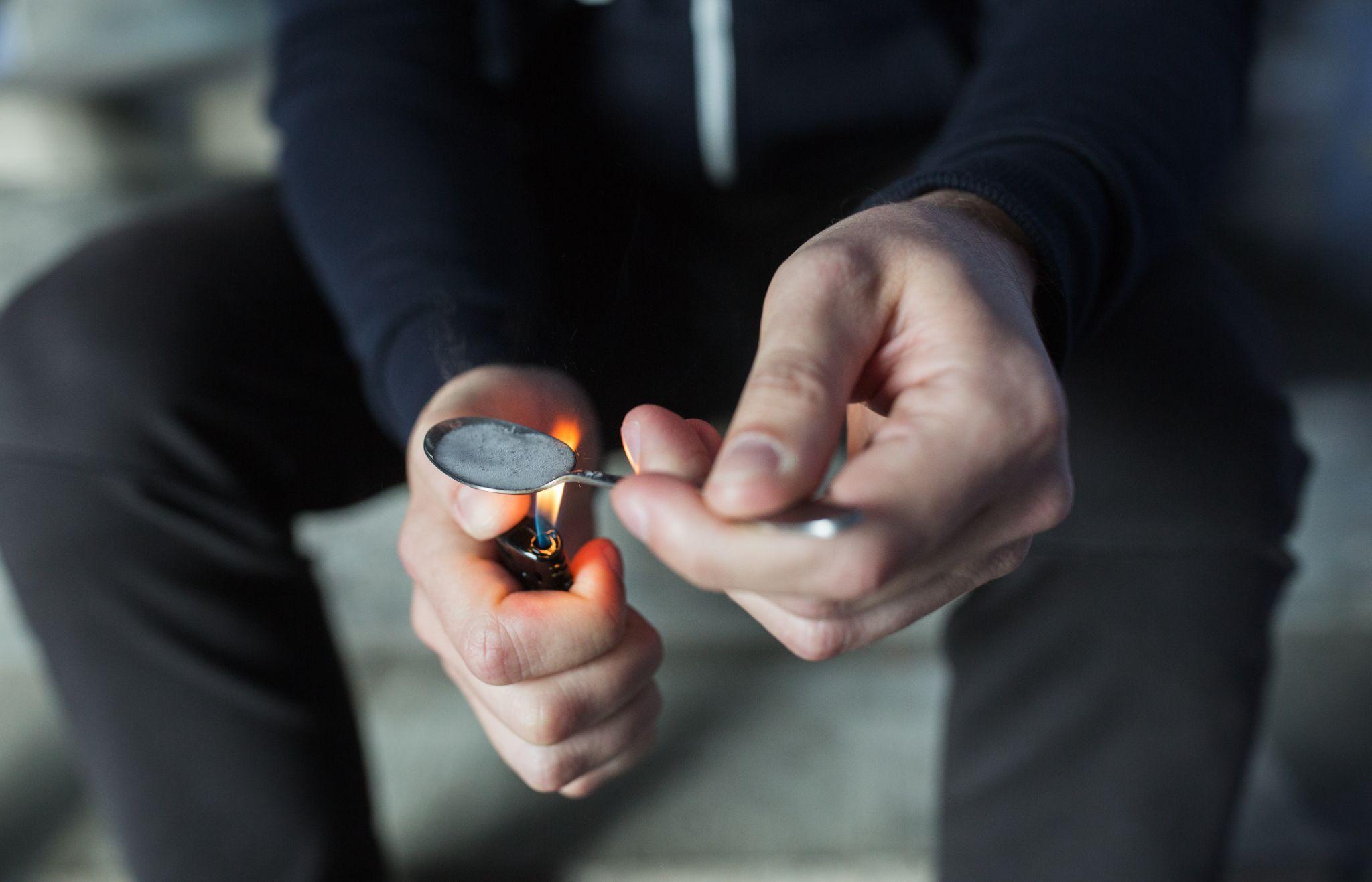Crack cocaine, often just called crack, is a highly addictive and powerful drug variant of cocaine. The substance gets its name from the crackling sound it makes when smoked. The effects of crack cocaine are known for delivering intense but short-lived, euphoric highs, making it particularly susceptible to repeated use and substance abuse.
This combined with severe withdrawal symptoms makes crack cocaine addiction one of the most challenging addictions to confront, but not impossible with the right addiction treatment from medical professionals.
Our goal is to provide valuable knowledge on the signs and symptoms of crack addiction for those who suspect that someone close to them might be struggling or are concerned about their own use.
9 Signs of Crack Cocaine Addiction
Crack abuse, like other substance use disorders, can be identified by a variety of symptoms. Recognizing these symptoms of crack use, whether in yourself or a loved one, is crucial for addressing the issue and seeking help. Those addicted to crack may show signs that include:1
- Tolerance for the drug. Over time, individuals may require larger amounts of cocaine to achieve the same high. This increased tolerance indicates that the body is adapting to the drug, necessitating higher doses for the desired effect.
- Inability to stop or reduce usage. An individual struggling with cocaine addiction often finds it difficult to stop or cut back their usage, even if they want to. The compulsion to use the drug can override their desire to quit.
- Experiencing withdrawal symptoms. When cocaine usage stops, withdrawal symptoms can appear, including fatigue, depression, and increased appetite. These symptoms often drive individuals back to using the drug to avoid discomfort.
- Desire to use despite health issues. Cocaine can cause numerous health problems, such as cardiovascular issues and mental health disorders. Despite recognizing these problems, individuals with an addiction may continue using cocaine, prioritizing the drug over their health.
- Negative impact on life. Cocaine addiction can negatively affect one’s quality of life, relationships, and employment. An individual might face conflicts with loved ones, job loss, or a decline in overall well-being due to their drug use.
- Spending excessive time and money on cocaine. Individuals may spend substantial time and money seeking and using cocaine. This can lead to financial problems and neglect of important responsibilities.
- Having psychosis and hallucinations. In severe cases, cocaine addiction can lead to psychosis or hallucinations, where individuals might hear or see things that aren’t there. These episodes can be frightening and dangerous.
- Being irritable or anxious. Cocaine can induce irritability or heightened anxiety, especially during withdrawal or when the drug is wearing off. These mood changes can be sudden and extreme.
- Disappearing for binges. It’s common for individuals with a cocaine addiction to disappear for extended periods, often for binge sessions. This behavior can alarm loved ones and disrupt daily life.
Symptoms of Crack Abuse
Crack cocaine abuse can manifest through a variety of physical and psychological symptoms that can significantly impact an individual’s life. Recognizing these symptoms early is crucial for seeking timely treatments for drug addiction and initiating the path to recovery:2
Psychological Symptoms
- Users often experience paranoia and anxiety attacks, which can be severe and debilitating.
- Both auditory and visual hallucinations are common, further distorting the user’s sense of reality.
- Mood swings can be drastic and unpredictable, leading to aggression and irritability without much provocation.
- The highs from the drug are often followed by periods of intense anxiety and depression once the effects wear off.
- Impaired judgment can cause decision-making skills to be significantly compromised, leading to poor choices and dangerous behaviors.
- Users may exhibit strange or repetitive behaviors, such as constant talking or fixating on particular tasks.

Physical Symptoms
- Significant and unhealthy weight loss is common due to reduced appetite.
- Users often experience an increased heart rate, which can be taxing on the cardiovascular system.
- Gastrointestinal issues including nausea and abdominal pain are frequent, and appetite is generally diminished.
- Neurological impacts including headaches, seizures, and strokes may occur, especially with frequent use.
- Smoking crack cocaine can lead to respiratory problems, including diseases like bronchitis or pneumonia.
- Cardiovascular strain leads to an increased risk of chest pains, heart arrhythmias, and heart attacks.
- Systemic damage from long-term use can lead to severe conditions like hepatitis, gangrene of the bowels, and a weakened immune system due to overall health degradation.
Ways to Get Help for Crack Addiction
Recognizing the need for help is a critical step toward recovery. If you or a loved one is struggling with crack addiction, there are several avenues for support:
Professional Counseling: Addiction specialists can provide therapy that targets the psychological aspects of addiction.
Rehabilitation Programs: These programs offer structured support and are equipped to handle the intense physical withdrawal symptoms and provide psychological counseling.
Support Groups: Groups like Narcotics Anonymous (NA) offer community support and a platform to share experiences, which can be instrumental in the recovery process.
Medical Intervention: In some cases, medical intervention may be necessary to manage withdrawal symptoms safely. Medications can also be prescribed to help reduce cravings and manage mental health issues.
Holistic Therapies: Activities like yoga, meditation, and acupuncture have proven beneficial for some individuals by reducing stress and improving mental health.
Educational Workshops: These can provide both the addict and their loved ones with information about the addiction process and how to cope with its challenges.
Embark on Your Path to Sobriety With Lumina Recovery
Crack addiction is a serious condition that can devastate lives, but understanding the signs and symptoms is the first step toward recovery. Whether you are worried about a loved one or yourself, it is crucial to take action and seek help.
Lumina Recovery tailors our crack and cocaine addiction treatment programs to the individual’s unique needs to find the root cause of addiction. The journey to recovery starts with one brave step forward and we are ready to help you.
If you or someone you know is struggling with addiction, reach out to our professionals for help today.
Sources:



